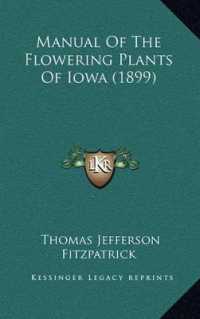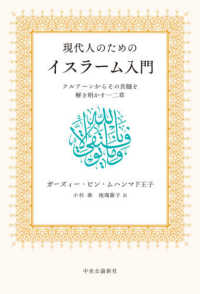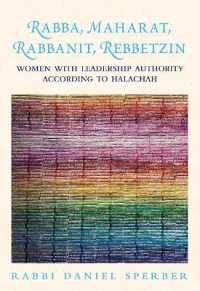Full Description
In addition to well described milk antibodies and soluble mediators of innate immunity, milk cells and pluripotent secreted factors - cytokines - are currently in the forefront of extensive research with respect to their importance in milk immunology.








